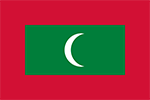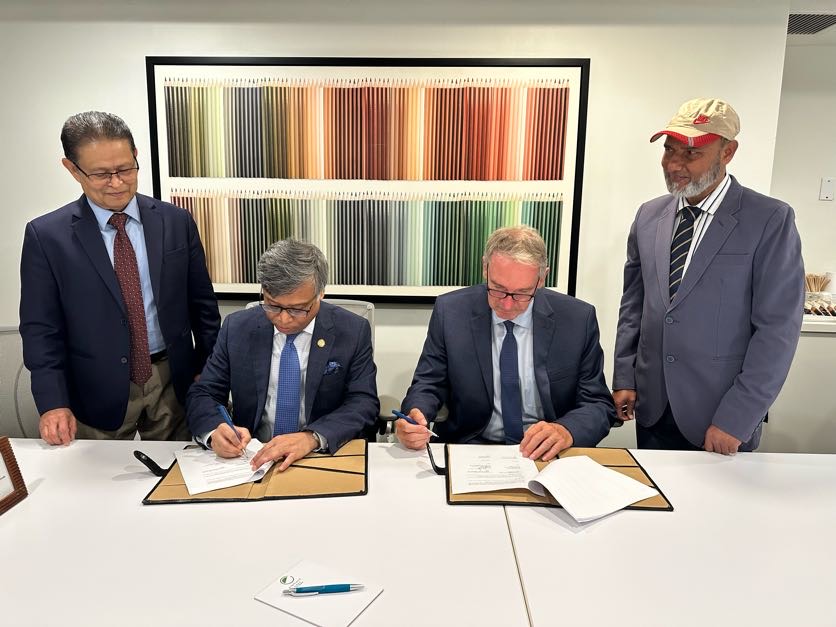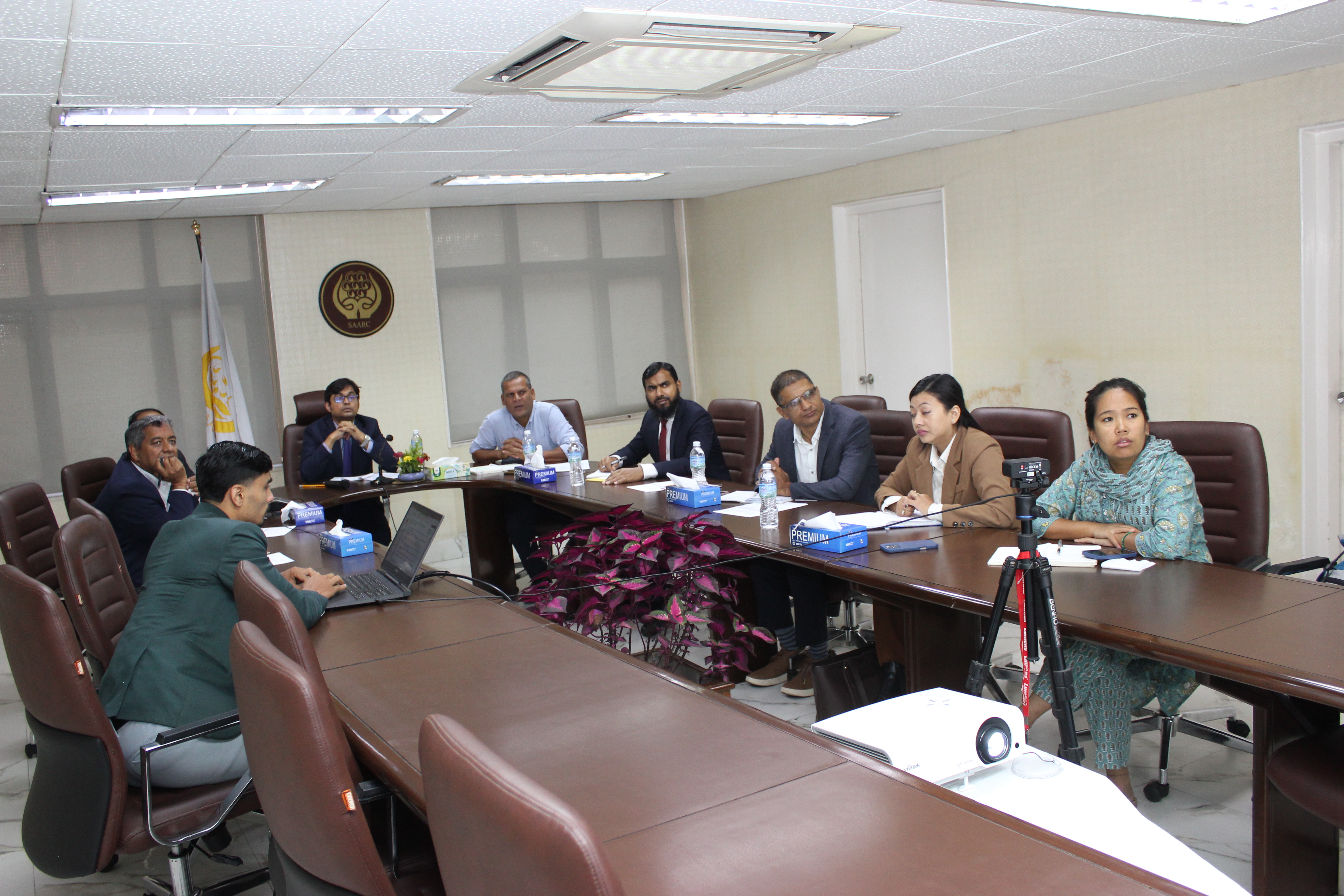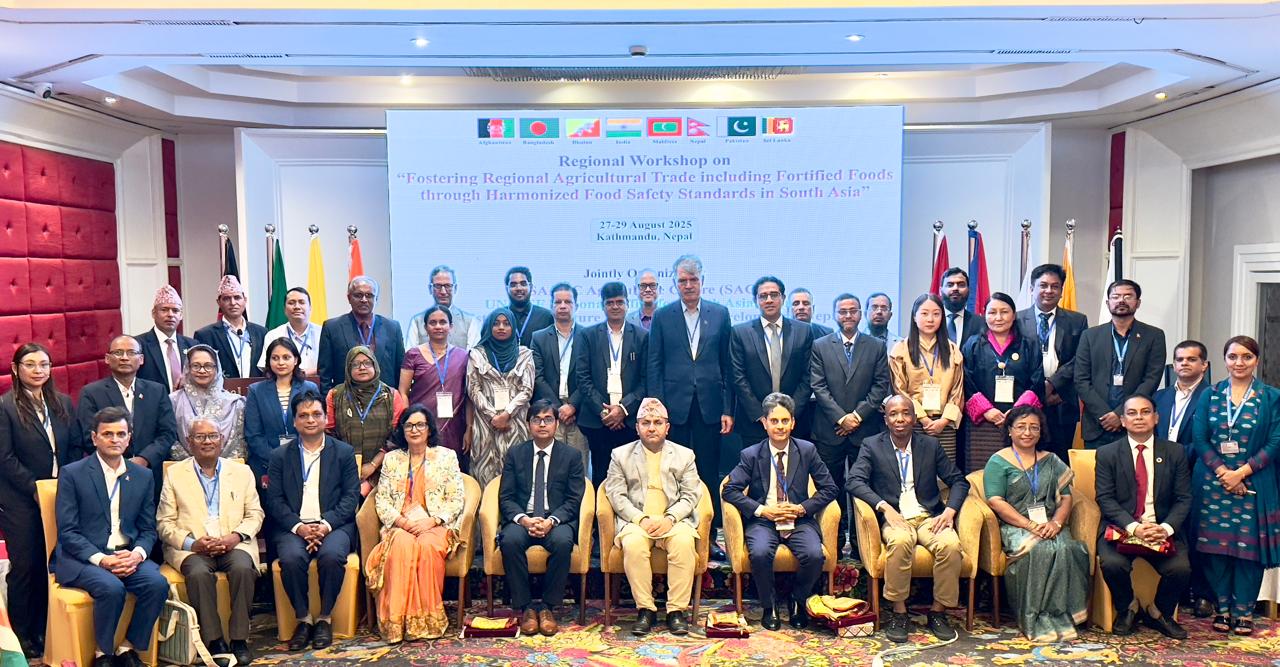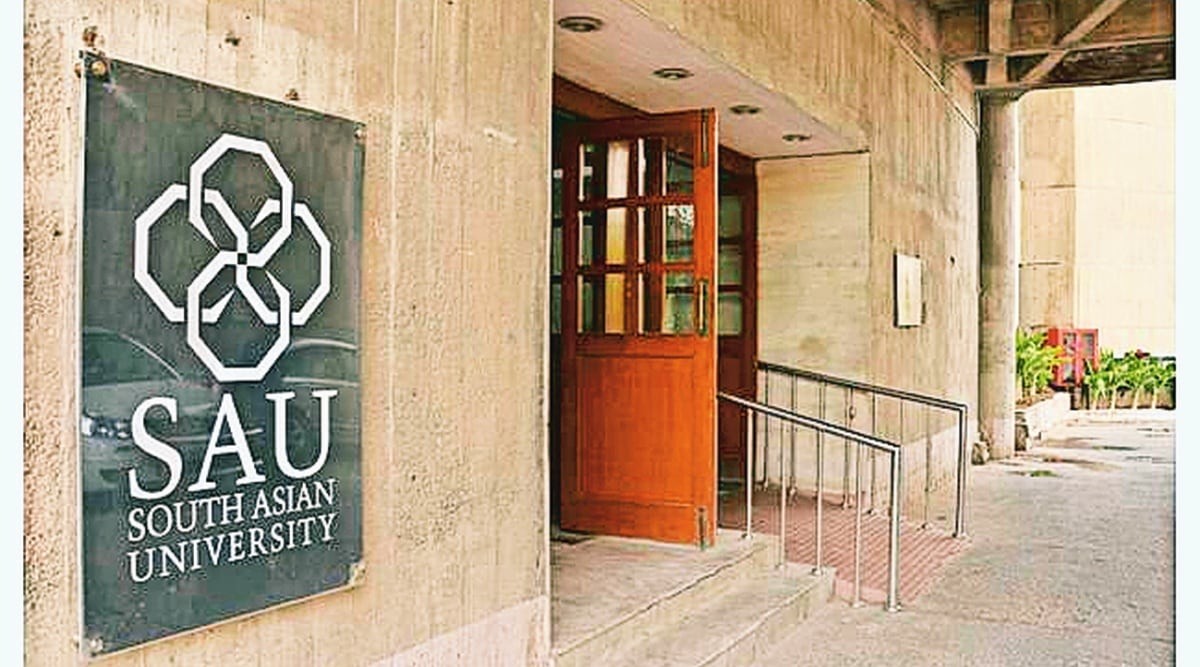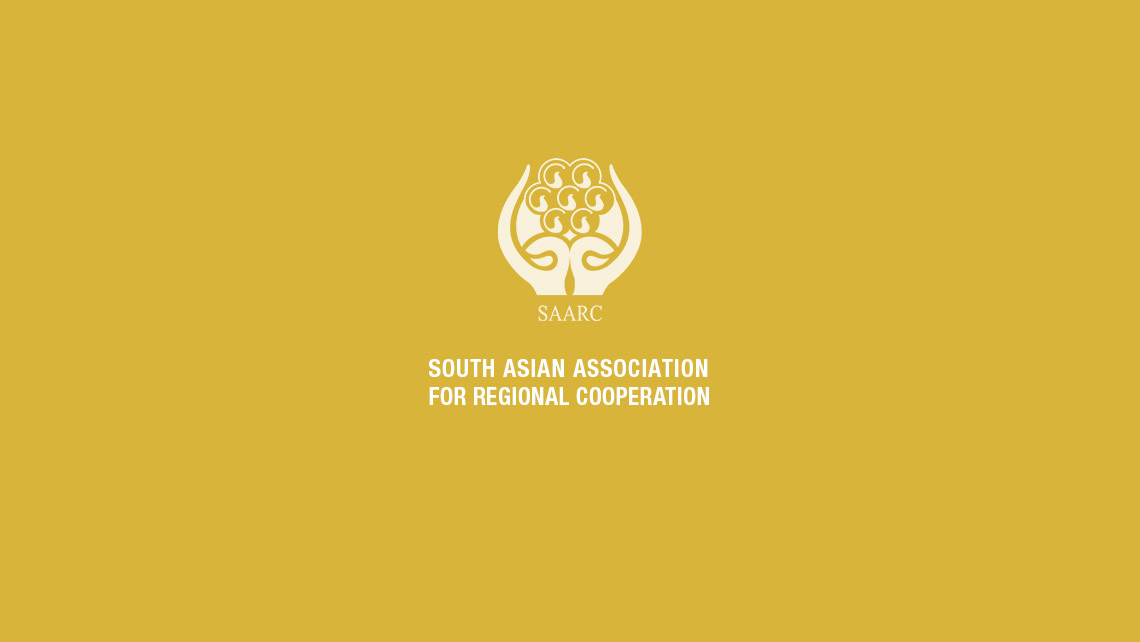The signing ceremony of the Memorandum of Understanding (MoU) between the International Food Policy Research Institute (IFPRI) and the SAARC Agriculture Centre (SAC) was held on 23rd September in New York, USA.
The event was graced by H.E. Mr. Md. Golam Sarwar, Secretary General of the South Asian Association for Regional Cooperation (SAARC) as the Guest of Honour. Dr. Johan Swinnen, Director General of IFPRI, Washington, attended as a Special Guest.
The ceremony was also attended by distinguished delegates, including Dr. Md. Harunur Rashid, Director of SAC, Dhaka; Dr. Shahidur Rashid, Director of IFPRI South Asia Office, New Delhi; Dr. Purnima Menon, Senior Director, IFPRI, Washington; and Dr. Teunis Van Rheenen, Director of Business Development and External Relations, IFPRI, Washington.
This collaboration is aimed at enhancing cooperation in key areas such as agricultural research, extension services, nutrition, and policy development. The Secretary General of SAARC emphasized that the MoU between SAC and IFPRI would be highly beneficial in strengthening collaborative efforts, playing a vital role in advancing technology development and its effective dissemination in agriculture and allied disciplines across the region.
The Director General of IFPRI highlighted that cooperation in knowledge generation and management, agricultural trade, policy innovation, and capacity building would be further strengthened through this partnership.
The ceremony concluded with a joint commitment to building a food-secure, resilient, and prosperous South Asia.





